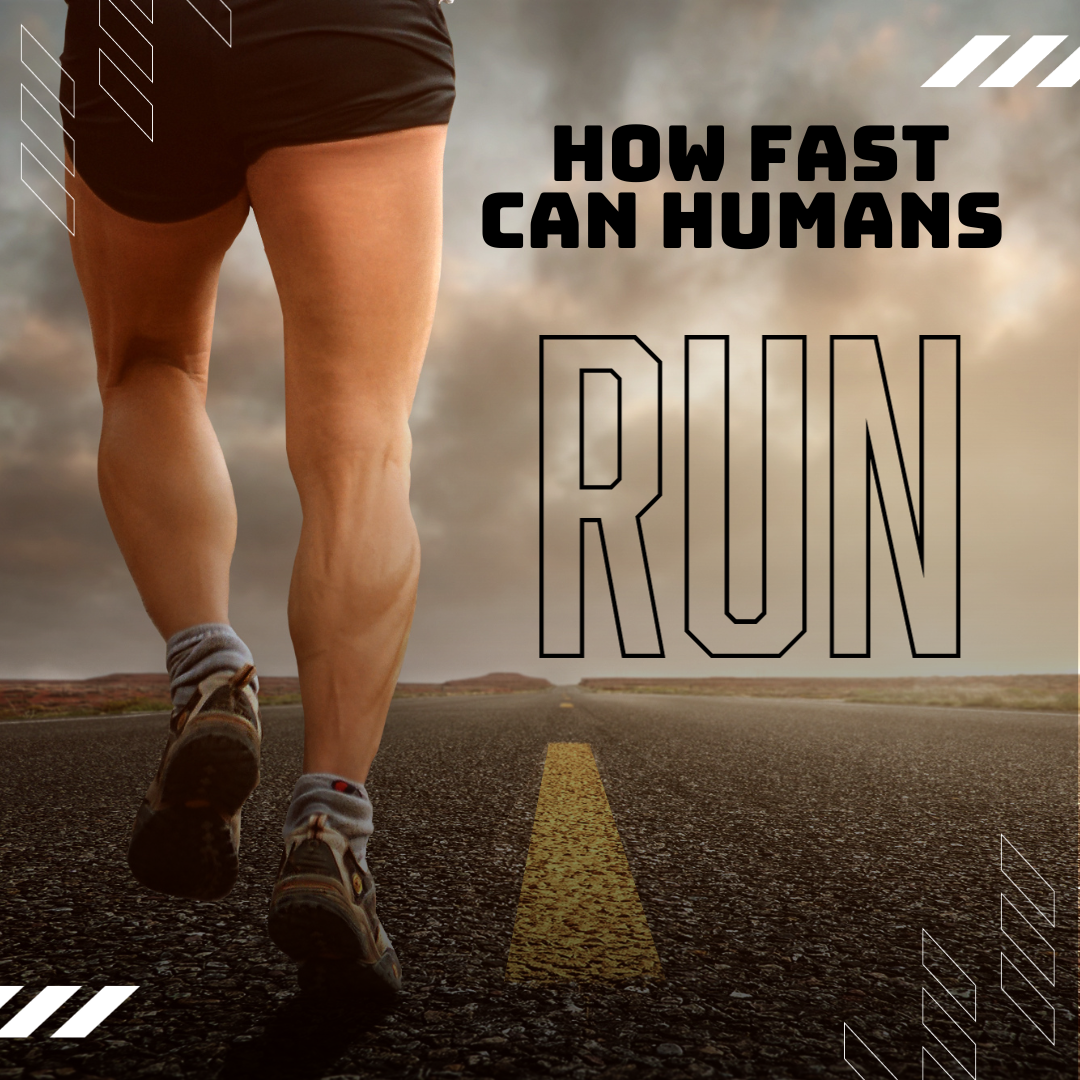Your shopping bag is empty
How Fast Can the Average Human Run: Beyond the Finish Line
- Posted by: Enquiry Admin
- Comments: 0
- Categories: Fitness
The question of how fast the average human can run has fascinated scientists, athletes, and enthusiasts for generations. As we explore this intriguing topic, we delve into the realms of human potential, physiological limitations. Also, we will look at the impact of various factors like whole foods, proper hydration, meditation, ideal nutrition, and the often underestimated importance of sleep. In this comprehensive journey, we will also uncover the scientific nuances behind human speed and to understand how holistic well-being contributes to pushing the limits of our physical capabilities.
How Fast Can the Average Human Run? A Multifaceted Inquiry
Defining the average human speed is a complex task due to the incredible diversity in human physiology. However, scientific studies and athletic records provide valuable insights into our capabilities. On average, a human can run at a speed of about 15 to 20 miles per hour (24 to 32 kilometers per hour). This is usually in short bursts. Sprinters, the epitome of human speed, reach astonishing speeds of over 27 miles per hour (43.5 kilometers per hour) during their fastest sprints.
The Role of Whole Foods and Ideal Nutrition
Whole foods, rich in nutrients and natural compounds, play a pivotal role in enhancing athletic performance. A balanced diet comprising fruits, vegetables, whole grains, and lean proteins provides the necessary fuel for muscles, aiding in endurance and speed. Nutrients like carbohydrates and proteins support energy production and muscle repair. On the other hand, antioxidants boost recovery and reduce inflammation, enhancing overall athletic capabilities.
Proper Hydration: Fueling the Fast Lane
Maintaining proper hydration is fundamental for optimal physical performance. Dehydration can impair muscle function, reduce endurance, and hinder speed. Athletes and individuals alike should prioritize regular water intake, especially during physical activities. This is to ensure peak performance and prevent the negative effects of dehydration on speed and stamina.
Meditation: Mastering the Mind-Body Connection
The mental aspect of running should not be underestimated. Meditation and mindfulness practices help athletes focus, reduce anxiety, and enhance concentration. By calming the mind and improving mental clarity, meditation contributes to better decision-making during races and training. This potentially helps to improve overall speed and performance.
The Importance of Sleep: Restoring Speed Potential
Quality sleep is an often-overlooked factor in athletic achievement. During sleep, the body undergoes essential repairs and recovery processes. Lack of sleep can lead to fatigue, impaired reaction times, and decreased overall speed. Athletes, just like anyone striving for optimal performance, should prioritize sleep as a fundamental component of their training regimen.
How Fast Human Run: The Intersection of Factors
While genetic predisposition plays a role in determining an individual's speed potential, the intersection of factors such as nutrition, hydration, mental focus, and adequate rest can significantly enhance speed capabilities. Athletes and enthusiasts should recognize that a holistic approach, encompassing physical and mental well-being, can unlock hidden speed potential, allowing them to reach new heights in their athletic endeavors.
Conclusion: How Fast Human Run
The pursuit of understanding how fast the average human can run transcends mere curiosity; it delves into the very essence of human potential. By recognizing the multifaceted nature of speed and embracing the interconnected roles of whole foods, proper hydration, meditation, ideal nutrition, and the importance of sleep, individuals can embark on a transformative journey. This journey is not just about running faster; it is about optimizing one's entire being, harnessing the power of the body and mind in unison. As we continue to explore the limits of human speed, we also explore the depths of our own capabilities, pushing boundaries and embracing the extraordinary potential within us.
Sources:
- American Council on Exercise - Nutrition Tips for Athletes
- Harvard T.H. Chan School of Public Health - Carbohydrates
- National Sleep Foundation - How Sleep Affects Athletic Performance
- National Center for Biotechnology Information - Hydration and Physical Performance
- Mindful - How to Start Meditating
Please note that individual speed capabilities can vary significantly based on factors such as training, genetics, and overall health. It's essential to consult with fitness and healthcare professionals for personalized guidance on optimizing speed potential.






